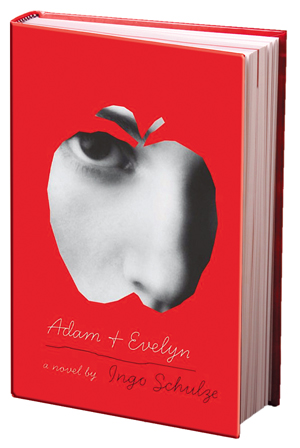Book Review: Adam And Evelyn
German Writer’s Biblical Take On Adultery And Communism Lacks Bite


Latest Article|September 3, 2020|Free
::Making Grown Men Cry Since 1992




